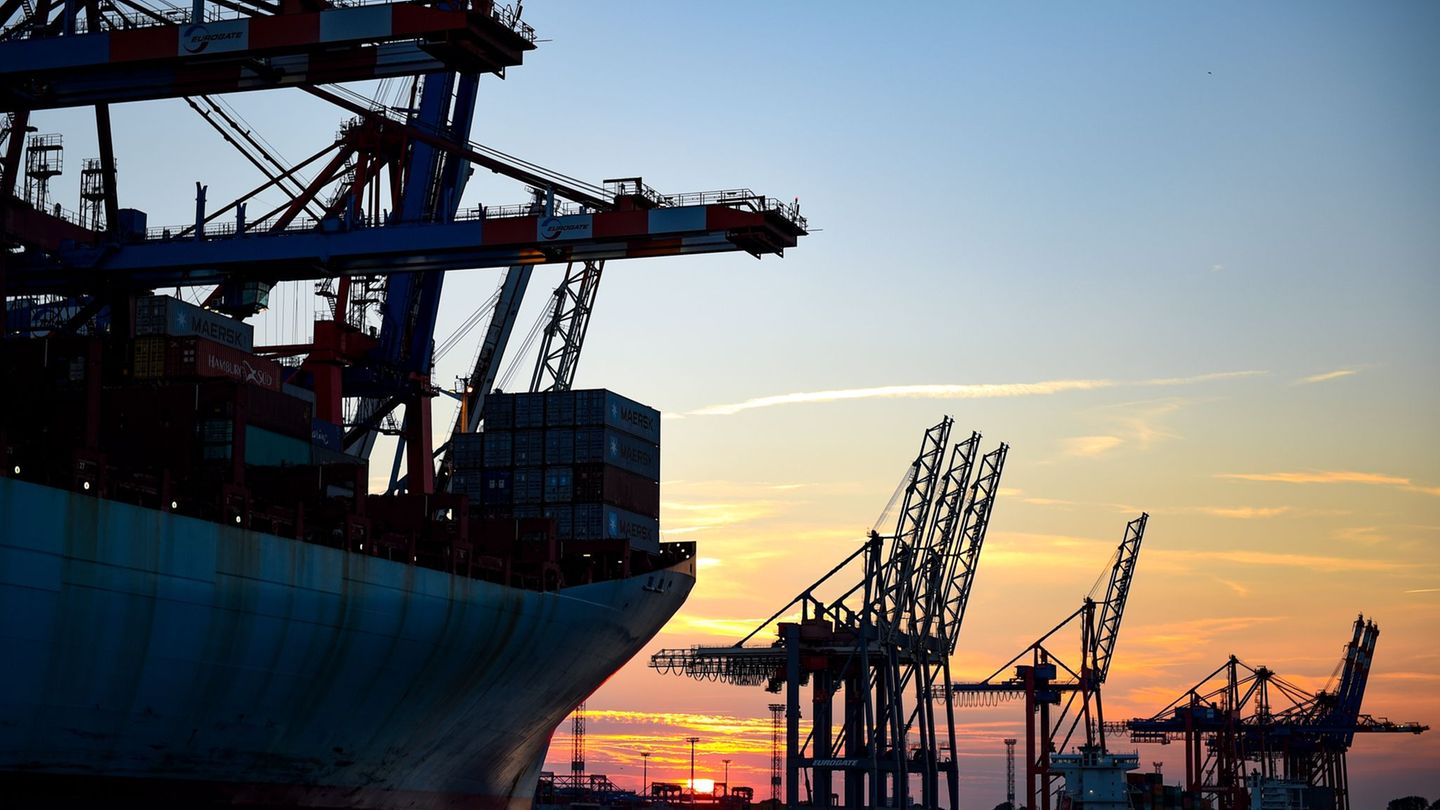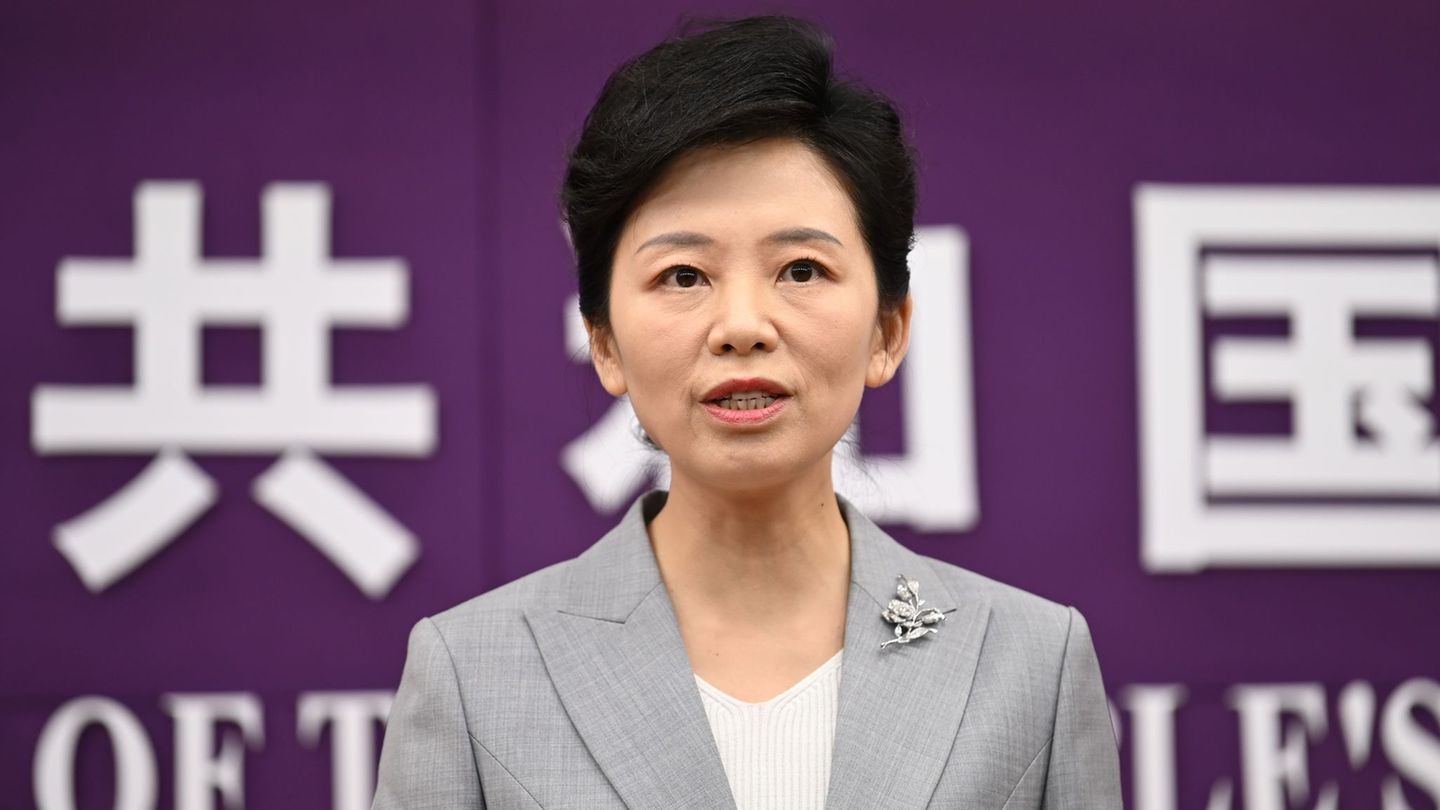Moscow is losing “dramatically” its importance as Germany’s economic partner, says Eastern Committee head Claas-Mühlhäuser. German companies can compensate for the slump in exports to Russia.
The Eastern Committee of the German Economy sees an economic “unbundling” from Russia in full swing as a reaction to the Russian war of aggression against Ukraine.
In Berlin, he also warned against “discrimination” against German companies that are still active in Russia for various reasons. This particularly affects sectors that are not affected by Western sanctions, such as agriculture, health and pharmaceuticals.
Overall, Russia is losing “dramatically” its importance as an economic partner, said the new Eastern Committee chairwoman Cathrina Claas-Mühlhäuser. Russia has slipped from 14th to 36th place among German trading partners worldwide within a year. Compared to the same period last year, German-Russian trade fell by 27 billion euros to 8.4 billion euros in the first seven months of 2023.
Companies are bound by “contractual obligations”.
The vast majority of German companies have scaled back or are withdrawing their business in Russia far beyond the sanction provisions, although the Russian government is making it more and more difficult for foreign companies to withdraw.
However, many companies are bound by “contractual obligations” and cannot simply leave the market without making themselves and their local employees liable to prosecution, said Claas-Mühlhäuser. The complete cessation of all business activities is also not the aim of the sanctions. The Eastern Committee is in favor of maintaining activities in economic sectors that are deliberately not sanctioned.
In the fight against sanctions evasion, the Eastern Committee supports the EU’s course of initially closing loopholes with diplomatic initiatives and offers for the countries in the South Caucasus and Central Asia. However, hasty convictions or blanket sanctions against third countries are not effective.
Compensated for the slump in exports to Russia
Claas-Mühlhäuser went on to say that there were increasingly “smaller-scale” sanctions requirements. Companies are finding it increasingly difficult to comply with them. The Eastern Committee called for an increase in staff at customs and the Federal Office of Economics and Export Control and a greater concentration of sanctions and their control on war-important goods.
Overall, German exports to countries in Eastern Europe rose by almost two percent to 161 billion euros in the first seven months of 2023. The sharp drop in exports to Russia of almost 40 percent was compensated for.
Communication from the Eastern Committee
Source: Stern




